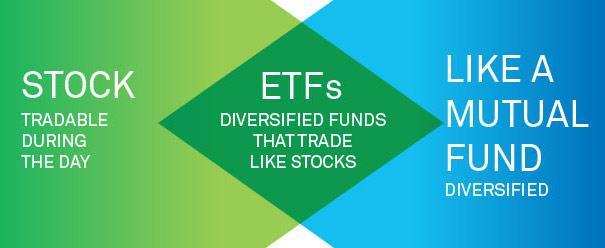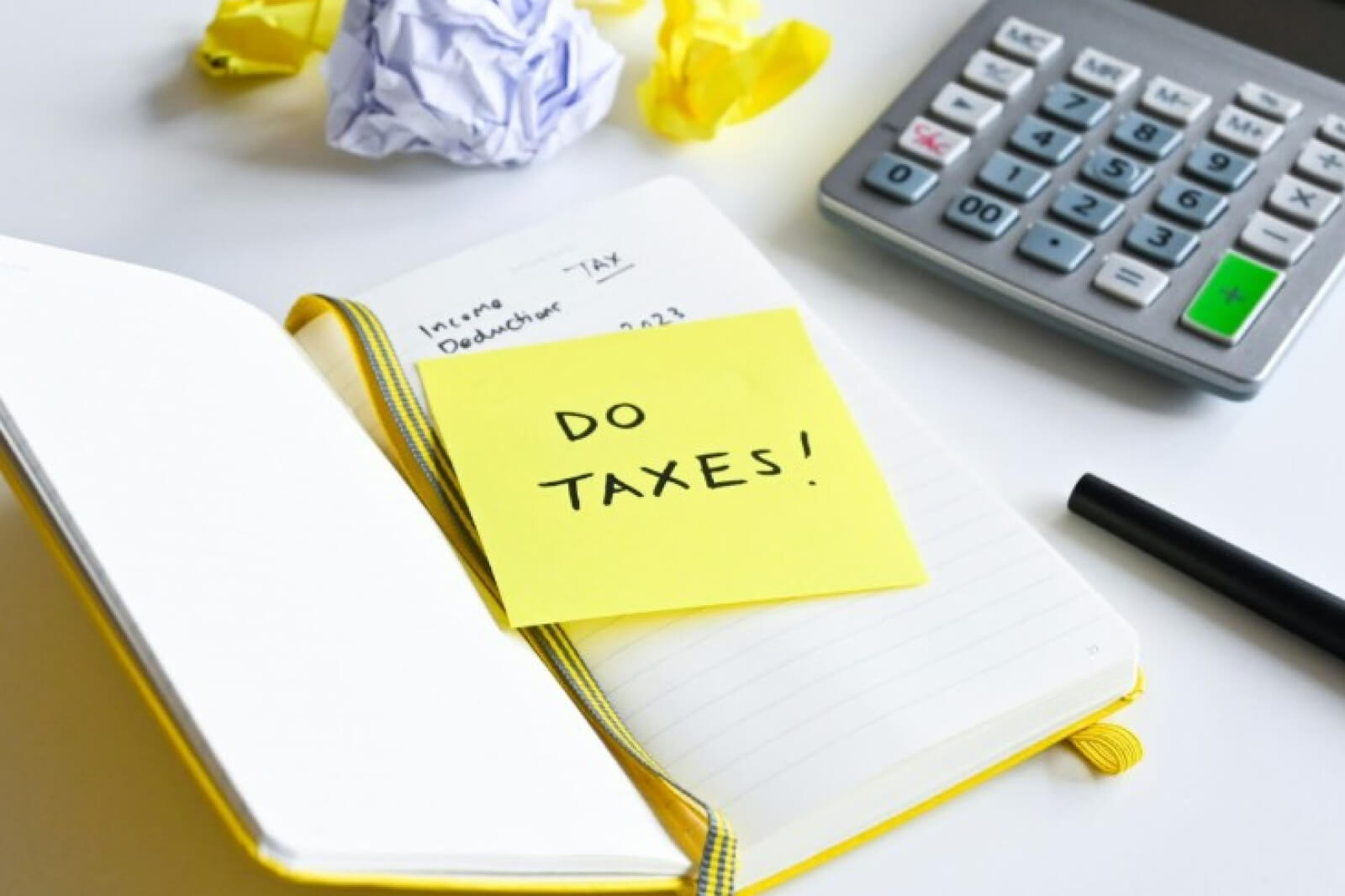ETFs debuted in 1993 and their combination of diversification, tax efficiency, and low transaction costs have made them popular since the start. From 1993 to 2015 over $2 trillion USD has been invested in ETFs in the United States alone.
So what is an ETF? How does it work?

ETF stands for Exchange Traded Fund. These types of funds are considered marketable securities – they are very liquid and can be converted into cash quickly and at a reasonable price. An ETF fund owns underlying assets such as bonds, stock shares, gold bars, foreign currencies, oil futures, etc. ETFs take a bunch of profitable goodies and put them all into one basket.
You as the shareholder own an indirect portion of the fund, equivalent to your investment. Pretty much you lay claim to a piece of all the ingredients that make up this glorious money pie. You as shareholder are then entitled to a corresponding piece of the profits. Profits appear as earned interest, dividends paid, and/or residual value if the fund is liquidated.
Because ETFs are traded on public stock exchanges, they are easy to buy, sell, or transfer – just like stocks.

Here’s a list of some of the more widely traded ETFs:
One of the most widely known and traded ETFs tracks the S&P 500 Index, and is called the Spider (SPDR), and trades under the ticker SPY.
The IWM tracks the Russell 2000 Index.
The QQQ tracks the Nasdaq 100, and the DIA tracks the Dow Jones Industrial Average.
Sector ETFs exist which track individual industries such as oil companies (OIH), energy companies (XLE), financial companies (XLF), REITs (IYR), the biotech sector (BBH), and so on.
Commodity ETFs exist to track commodity prices including crude oil (USO), gold (GLD), silver (SLV), and natural gas (UNG) among others.
ETFs that track foreign stock market indices exist for most developed and many emerging markets, as well as other ETFs which track currency movements worldwide. – Investopedia
string(4501) "
ETFs debuted in 1993 and their combination of diversification, tax efficiency, and low transaction costs have made them popular since the start. From 1993 to 2015 over $2 trillion USD has been invested in ETFs in the United States alone.
So what is an ETF? How does it work?

ETF stands for Exchange Traded Fund. These types of funds are considered marketable securities - they are very liquid and can be converted into cash quickly and at a reasonable price. An ETF fund owns underlying assets such as bonds, stock shares, gold bars, foreign currencies, oil futures, etc. ETFs take a bunch of profitable goodies and put them all into one basket.You as the shareholder own an indirect portion of the fund, equivalent to your investment. Pretty much you lay claim to a piece of all the ingredients that make up this glorious money pie. You as shareholder are then entitled to a corresponding piece of the profits. Profits appear as earned interest, dividends paid, and/or residual value if the fund is liquidated.
Because ETFs are traded on public stock exchanges, they are easy to buy, sell, or transfer - just like stocks.

Here's a list of some of the more widely traded ETFs:
One of the most widely known and traded ETFs tracks the S&P 500 Index, and is called the Spider (SPDR), and trades under the ticker SPY.The IWM tracks the Russell 2000 Index.The QQQ tracks the Nasdaq 100, and the DIA tracks the Dow Jones Industrial Average.Sector ETFs exist which track individual industries such as oil companies (OIH), energy companies (XLE), financial companies (XLF), REITs (IYR), the biotech sector (BBH), and so on.Commodity ETFs exist to track commodity prices including crude oil (USO), gold (GLD), silver (SLV), and natural gas (UNG) among others.ETFs that track foreign stock market indices exist for most developed and many emerging markets, as well as other ETFs which track currency movements worldwide. - Investopedia
"














